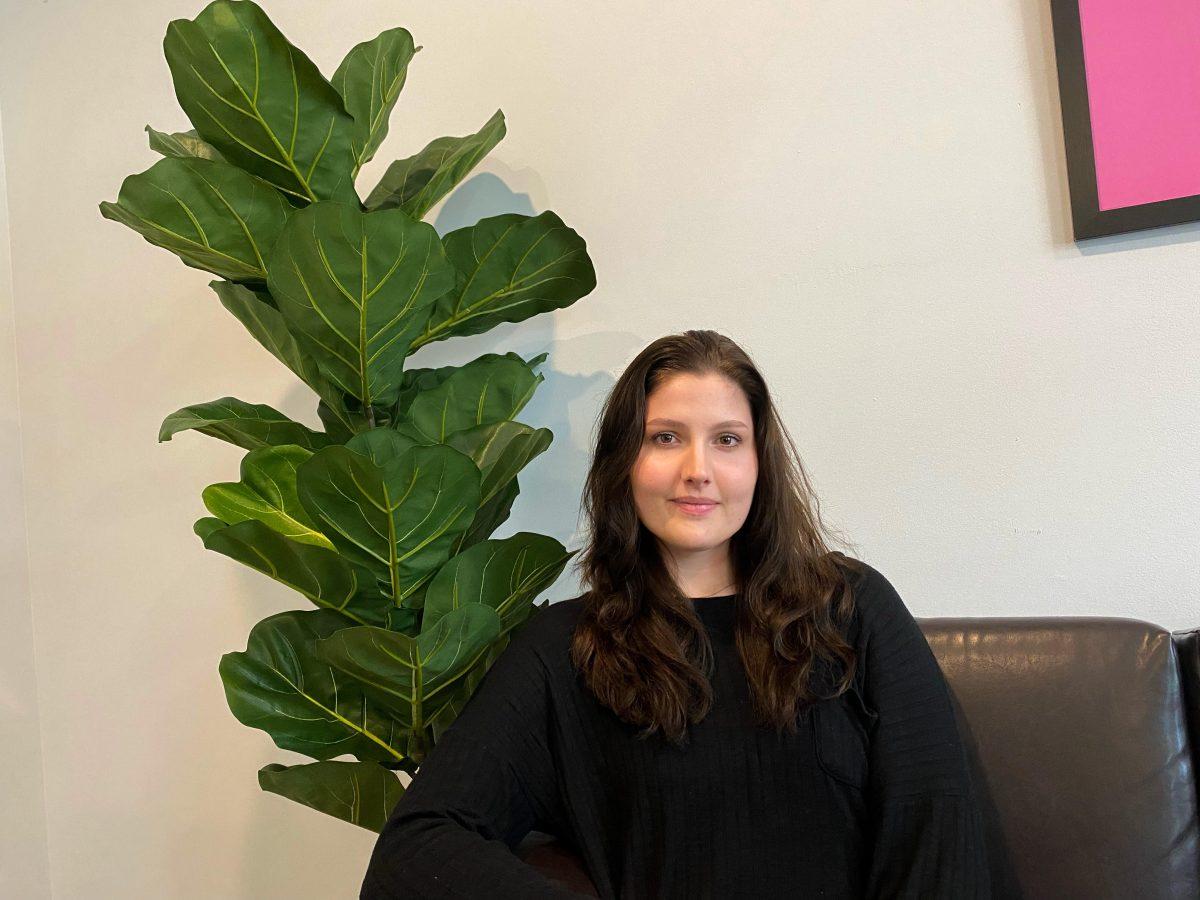Taking that first step to let a stranger into your world can be daunting and overwhelming. Oftentimes, though, uncomfortable situations can bring about a better understanding of yourself, and learning to love yourself can impact your life in more ways than one.
The idea of therapy or counseling can turn away a lot of people. The words tend to have a negative connotation for the person, suggesting there’s something wrong with them. This is the biggest lie a person or the internet can tell you.
Therapists aren’t necessarily out to seek what’s wrong with you. At the end of the day, we are all human, and all of us have something going on in our lives. They’re there to listen, to help you understand yourself and to help you work your way to being the best version of yourself you can be. If there’s something deeper at work, therapists and counselors want to help you find the best option to further your success as an individual.
Jenn Archer, the new embedded counselor at the College of Humanities and Social Sciences, said it can be hard to make that first step without knowing what to expect or whether you’re ready to share your world with others.
“Asking for help will often feel uncomfortable, especially when it involves sharing your worries and doubts with a stranger,” Archer said. “You might worry that your problems aren’t bad enough to ask for help or that therapy is too much of a commitment, but just know that we are here to support you whether you want to talk for 20 minutes at a drop-in or work with a therapist for the whole semester.”
Archer said if students are uncertain about getting help, reaching out before you’re feeling too overwhelmed is better.
“Taking that first step is a gesture of kindness and care to yourself that you deserve to be heard and affirmed in your struggles,” Archer said. “My hope is that by reading this, you feel slightly more ready to reach out, and if you still need time, that’s okay too. We’ll be here when you’re ready.”
First steps are hard, no matter what they are. Coming to a large university swarming with people from many walks of life is overwhelming. It can sometimes be too much — to the point you lose yourself amidst the plethora of personalities, views, opinions and experiences.
NC State understands this, and that is why there are so many resources, not only counseling sessions.
Elizabeth Wagner, lecturer and advisor in the Department of English, spoke on her thoughts towards the benefits of counseling and what it means to find the communities that work for you.
“It’s not just about mental illness; it’s also about feeling a sense of community,” Wagner said. “There’s a lot of therapy groups on campus for people who have different identities or people dealing with different issues. I’m not sure that students are taking full advantage of those sorts of resources which can be really helpful both for mental health but also for finding community and feeling less alone and feeling a sense of belonging.”
In recent months, there has been a slight change in the culture at NC State. I’ve noticed that more and more students, along with professors, are becoming more open to talking about mental health and checking in with everyone around them. This culture shift is what we need here at NC State. More people, including faculty and staff, need to utilize the resources around them so we can all look out for each other and ourselves.
“I find counseling really helpful,” Wagner said. “[I have used counseling] for years and also have done it at different points in my life. There’s no harm in just giving it a try. It’s a gift you can give yourself to just try to learn as much about yourself as you can and learn as much about how to be yourself as you can because that can sometimes be part of what we’re all struggling with.”
Wagner encouraged students to know their value.
“[You] are really important and valuable and loved for who you are and that you matter to me, to NC State, to the people around you and your friends and family,” Wagner said. “Give yourself a chance, and don’t let fear take that chance away.”
Embedded counselors can be found all across campus and offer drop-in hours and individual counseling.
You can find more information about campus resources on the Counseling Center webpage, and even community-based counseling on the Group Counseling webpage.














